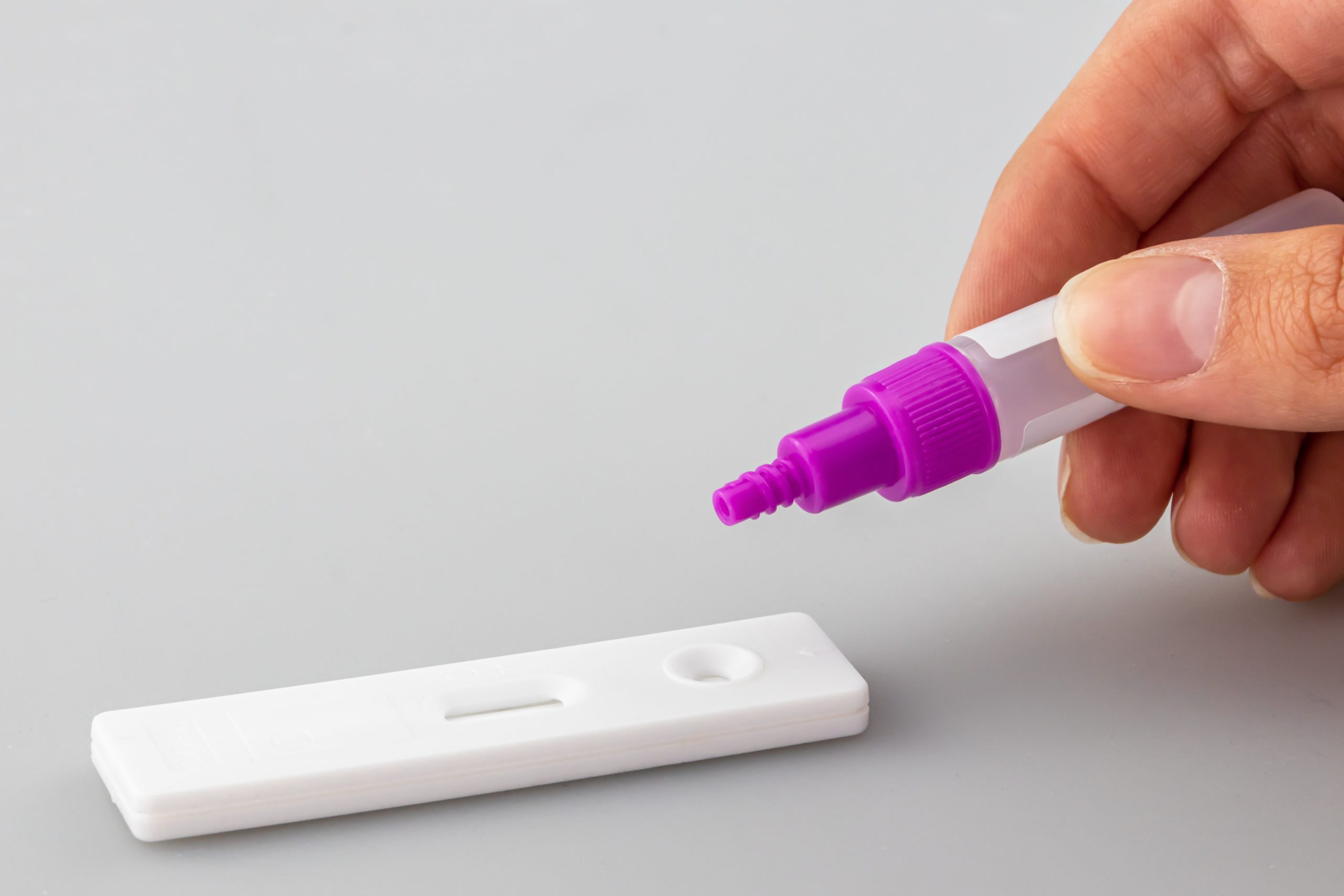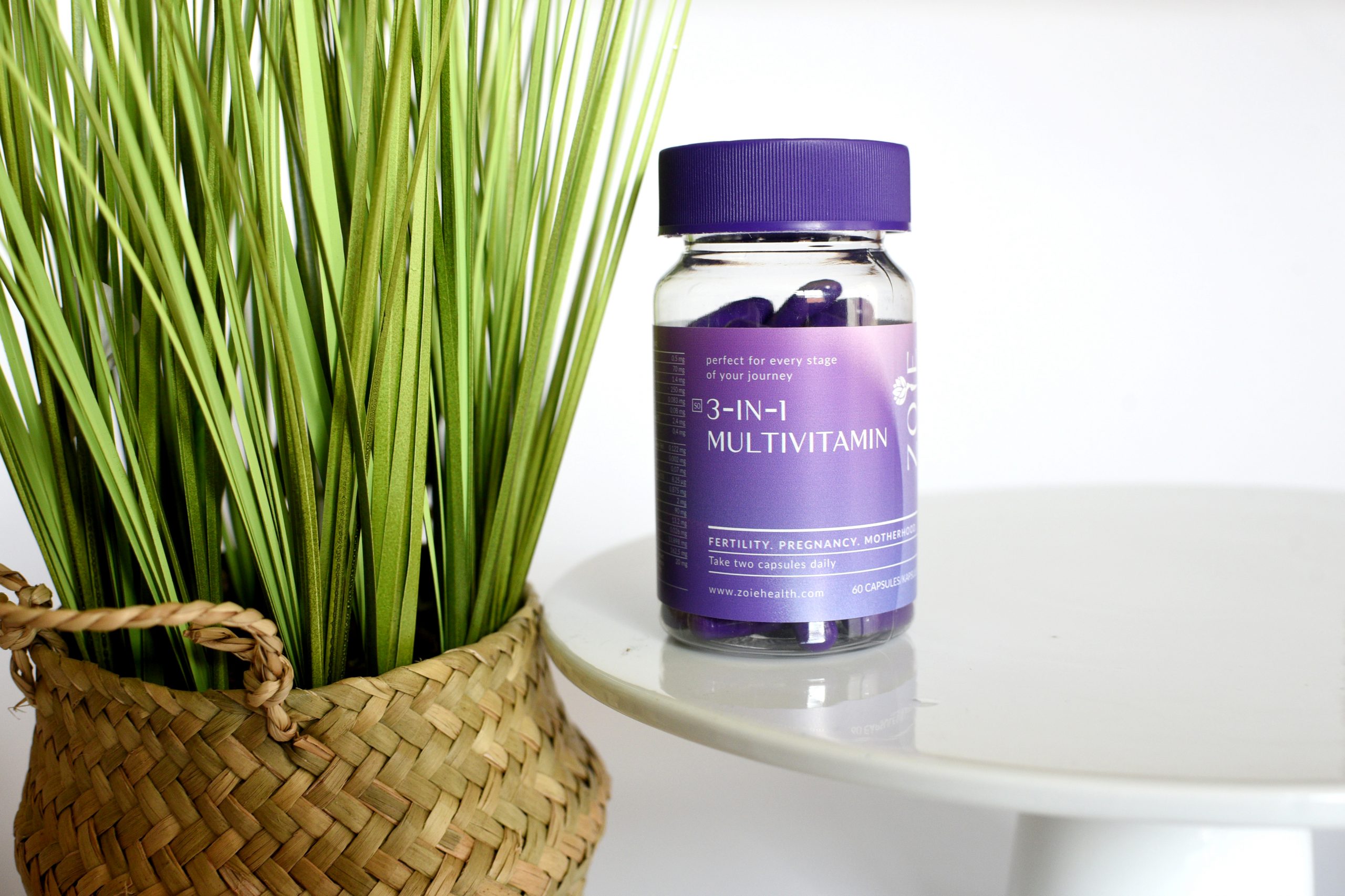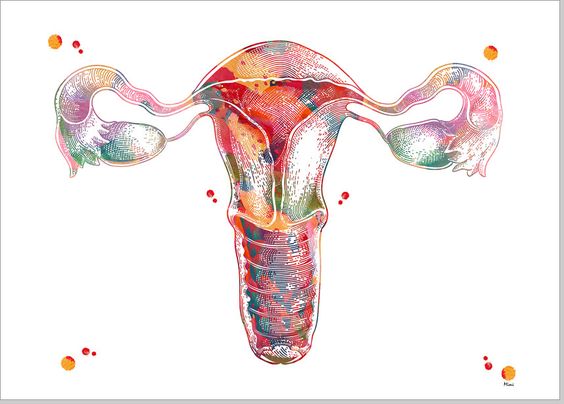
Cost of Childbirth In South Africa: A comprehensive guide to help you financially prepare for parenthood
Welcoming a new bundle of joy into the world is a momentous occasion, filled with anticipation, excitement, and an abundance of love. However, amidst the joyous preparations for your little one’s arrival, it’s important to consider the financial aspects of childbirth. In South Africa, the costs of bringing a new life into the world can vary significantly, depending on your healthcare choices, insurance coverage, and additional expenses. Navigating the Childbirth Healthcare Landscape Your initial decision lies in choosing between public and private healthcare. Public hospitals offer more affordable options, often at no cost for South African citizens meeting specific income criteria. For non-citizens, while the costs are higher, they still represent a more economical choice compared to private facilities. On the other hand, private hospitals provide a more personalized and well-equipped experience, but come with a higher price tag. The costs here are influenced by the type of delivery, additional services like prenatal visits, postnatal care, and any necessary procedures. Type of Delivery: Natural vs. Caesarean Section The type of delivery you choose can also impact the overall cost. Natural births are generally less expensive than caesarean sections. However, caesarean sections are more common in private hospitals, with a median rate of around 78.57%, compared to 44.10% in public hospitals. The Role of Health Insurance Health insurance can play a significant role in mitigating the financial burden of childbirth. Coverage varies by plan, but some or all costs of childbirth might be covered. It’s crucial to check with your provider for specifics, as insurance may limit coverage to certain hospitals or have a maximum payout. Additional Costs to Consider Beyond the direct costs of delivery, there are additional expenses to factor in. Specialist consultations, private rooms, and extended hospital stays can add to the overall expense. Additionally, post-birth costs such as newborn screening tests, lactation consultations, and follow-up paediatric visits should be considered. Strategies for Managing Costs To help manage the financial aspects of childbirth, consider these strategies: Insurance and Gap Coverage Medical aid schemes in South Africa often cover a significant portion of childbirth costs. However, they may not fully cover private specialist rates, leading to potential out-of-pocket expenses. This is where gap cover insurance comes in. This type of insurance can be a crucial supplement, covering the difference between what specialists charge and what medical aids pay. Maternity Benefits in Medical Schemes Some medical schemes, like Discovery Health and Bonitas, offer specific maternity benefits covering prenatal and postnatal care. These benefits might include coverage for private ward stays, antenatal consultations, and newborn screenings. Planning for Additional Baby-related Expenses Beyond delivery costs, parents should also budget for postnatal expenses like breastfeeding supplies, nappies, baby clothes, nursery setup, regular check-ups, and childcare. It’s essential to plan financially for the first year, considering all possible expenses. Concluding Thoughts Planning for a baby in South Africa requires careful consideration of the various costs associated with childbirth and beyond. By understanding these expenses and exploring options like public healthcare, insurance coverage, and medical aid schemes, parents can better prepare for this significant life event. Remember, costs can vary, so it’s crucial to do thorough research and consult healthcare professionals for the most accurate estimates and advice. As you embark on this extraordinary journey of parenthood, Zoie Health is here to support you every step of the way. Our comprehensive health resources and expert guidance can help you navigate the financial complexities of childbirth and make informed decisions for your growing family. Welcome to the joys of parenthood, and know that Zoie Health is your trusted partner in this incredible adventure. Sources: Old Mutual, SA Private Hospitals, Discovery, Mediclinic Southern Africa










